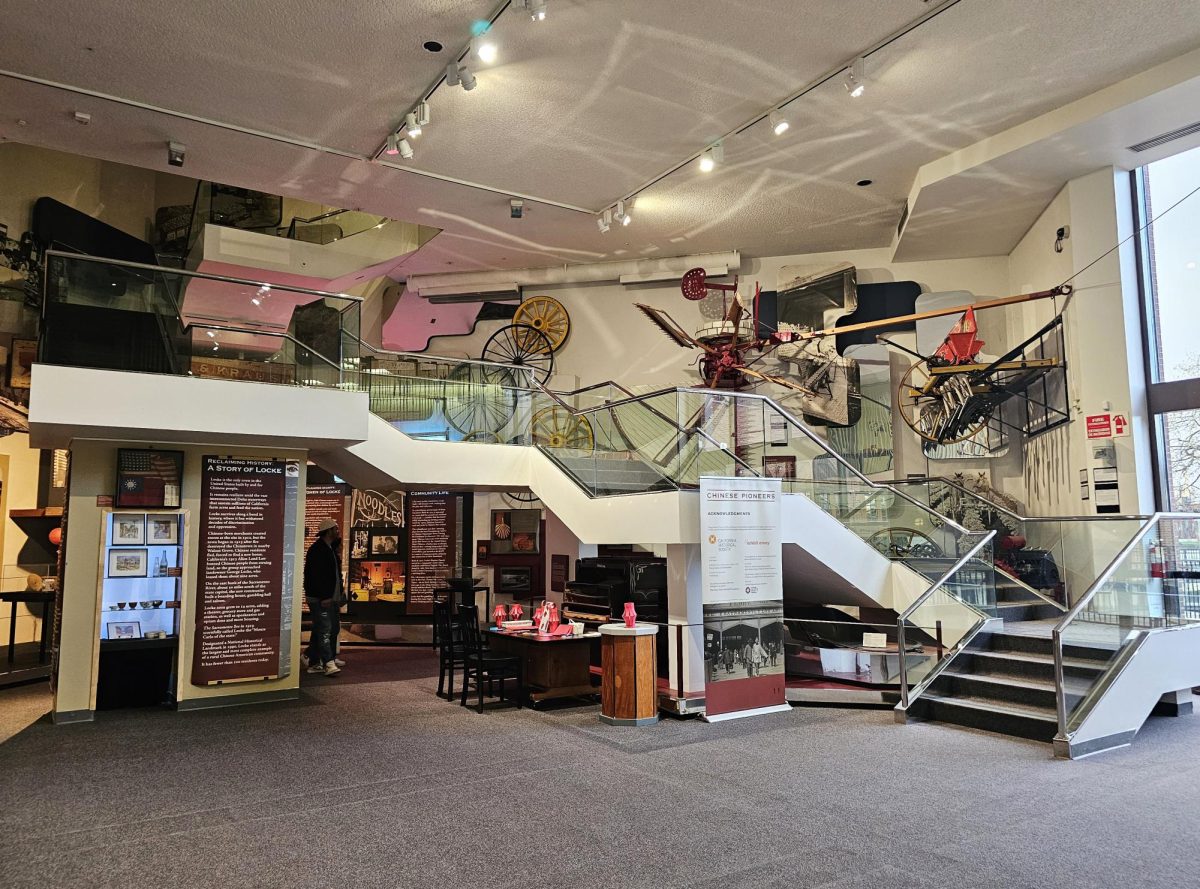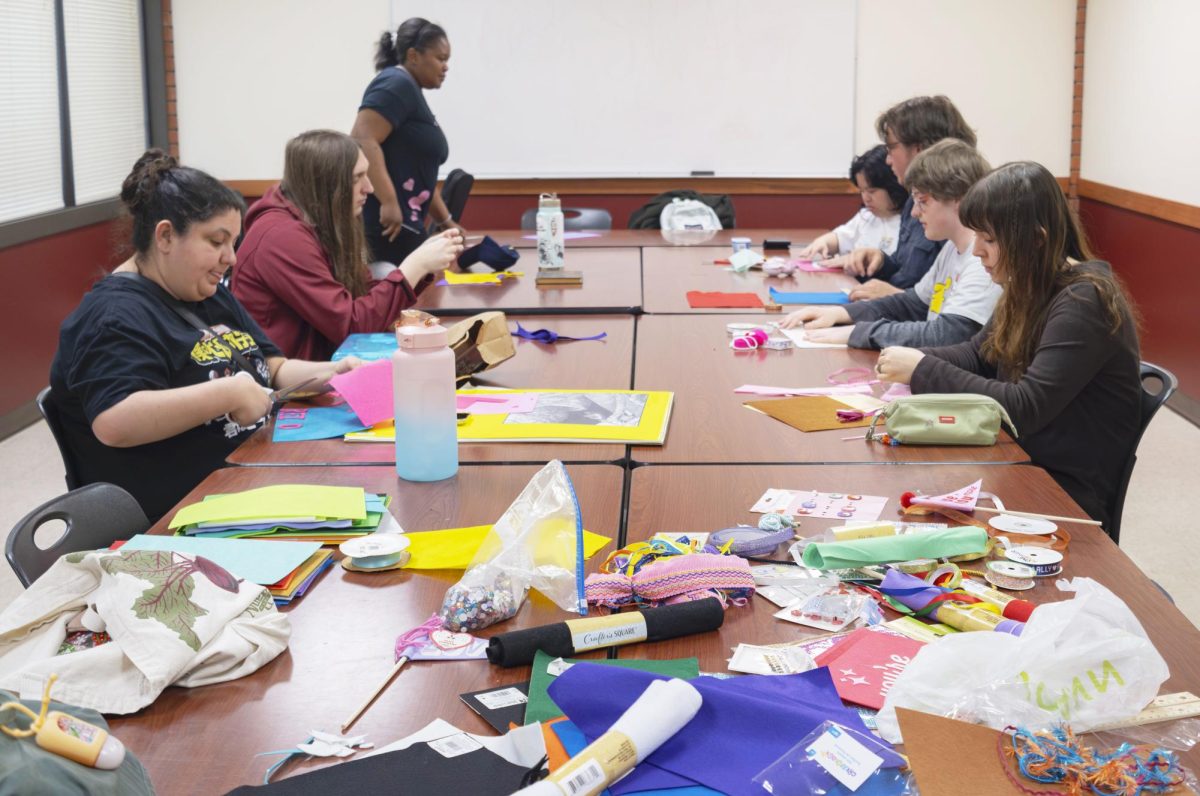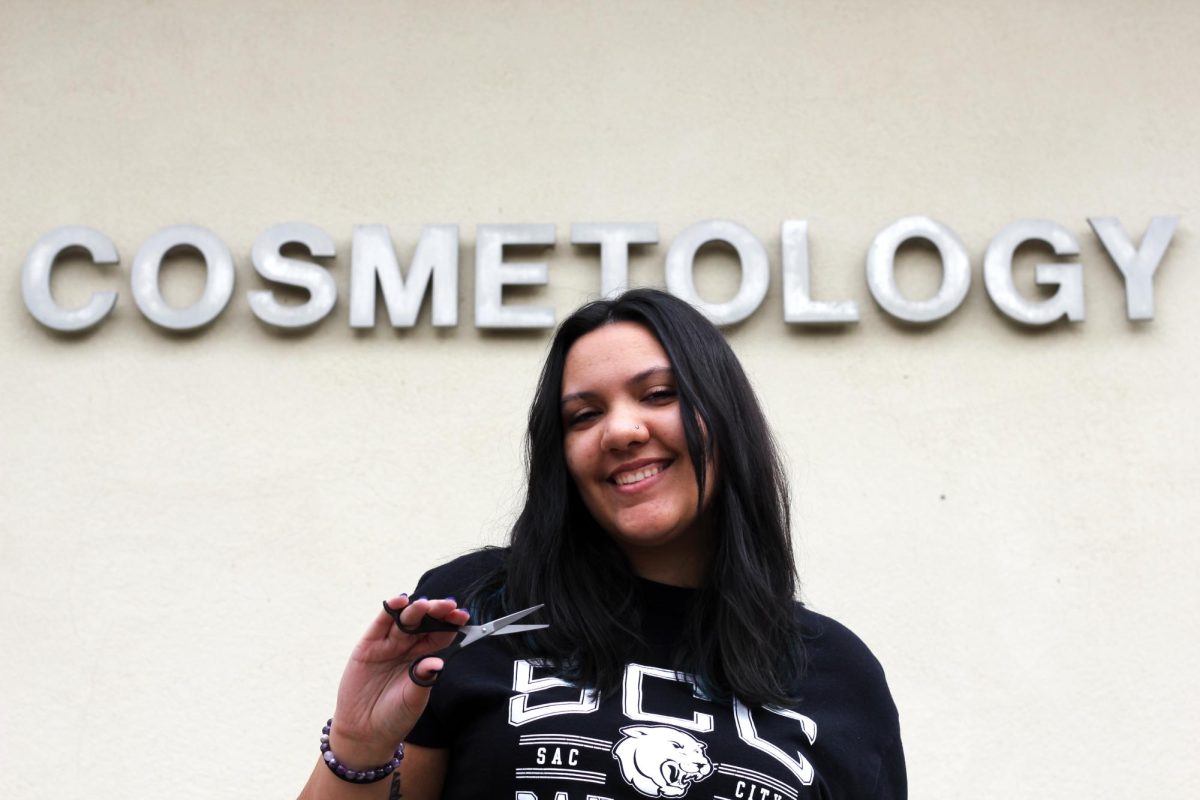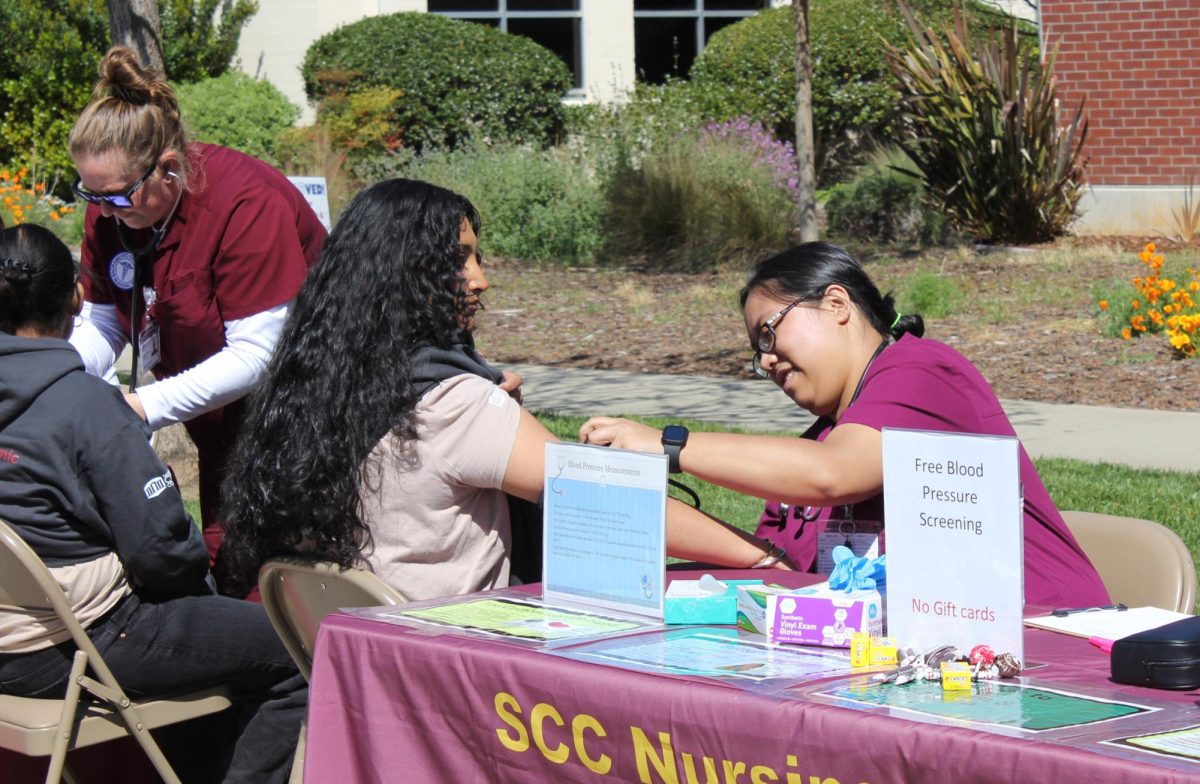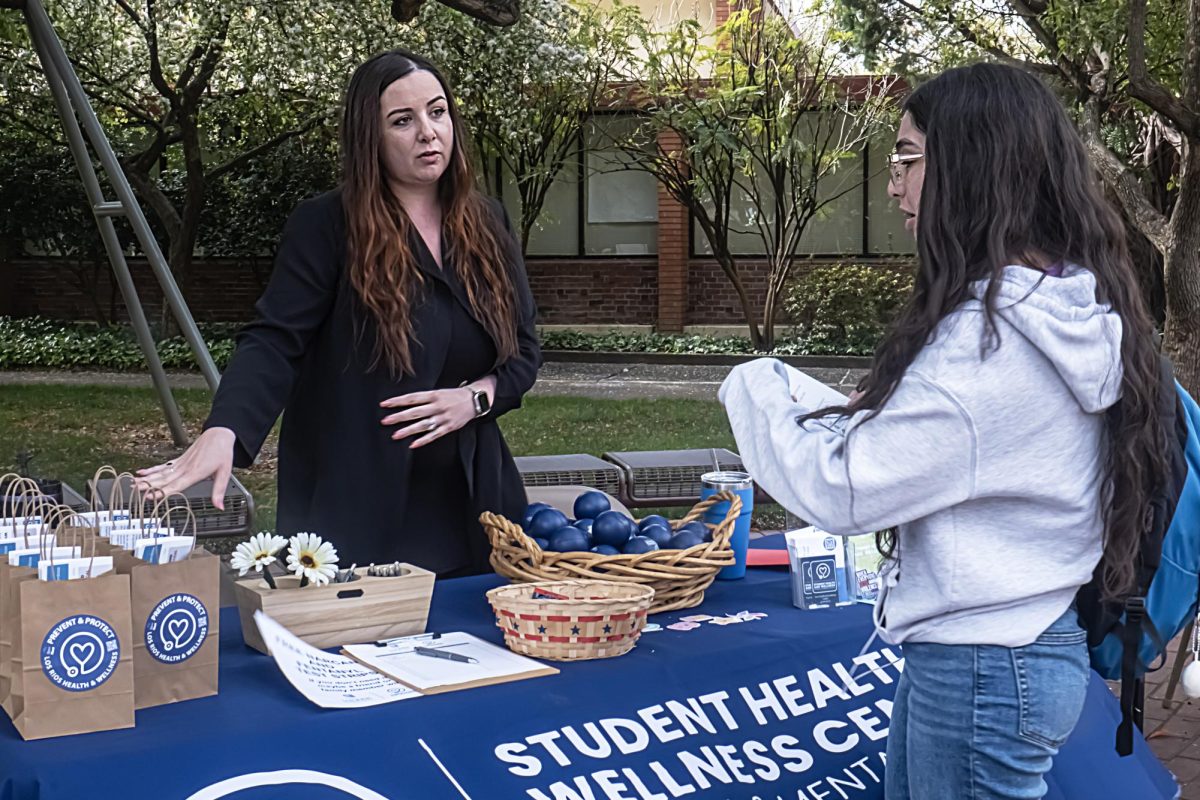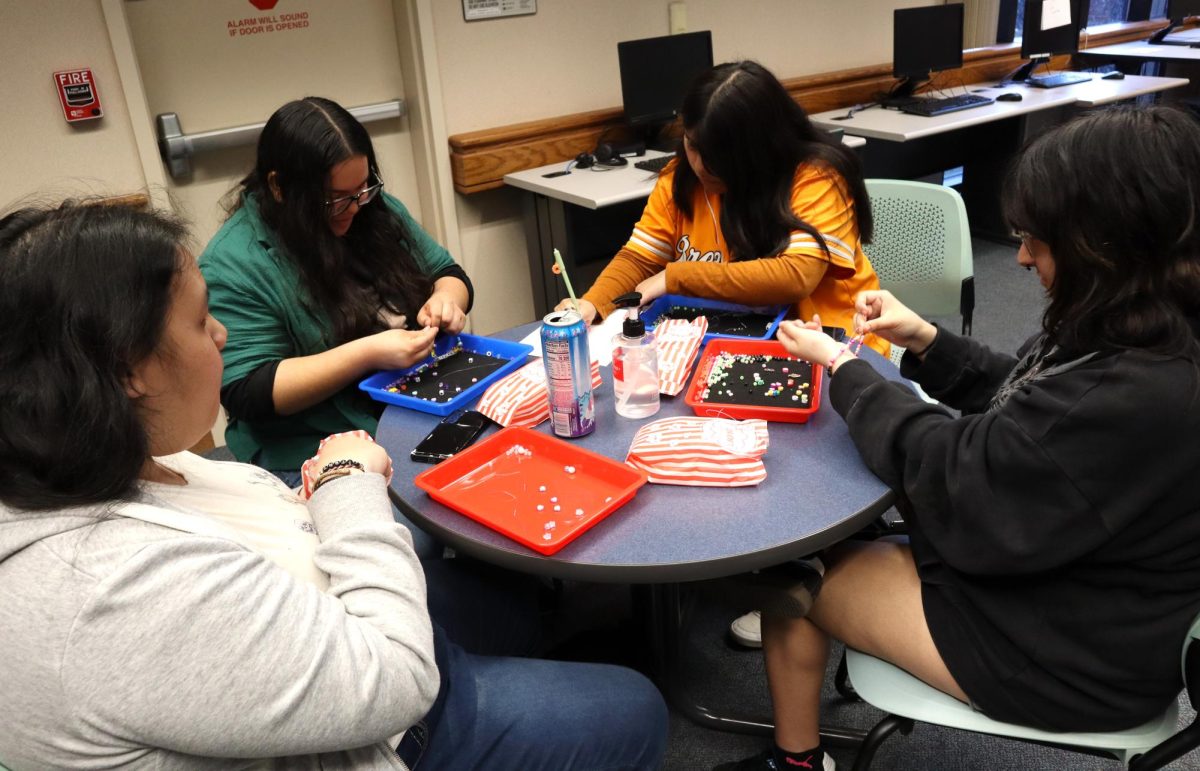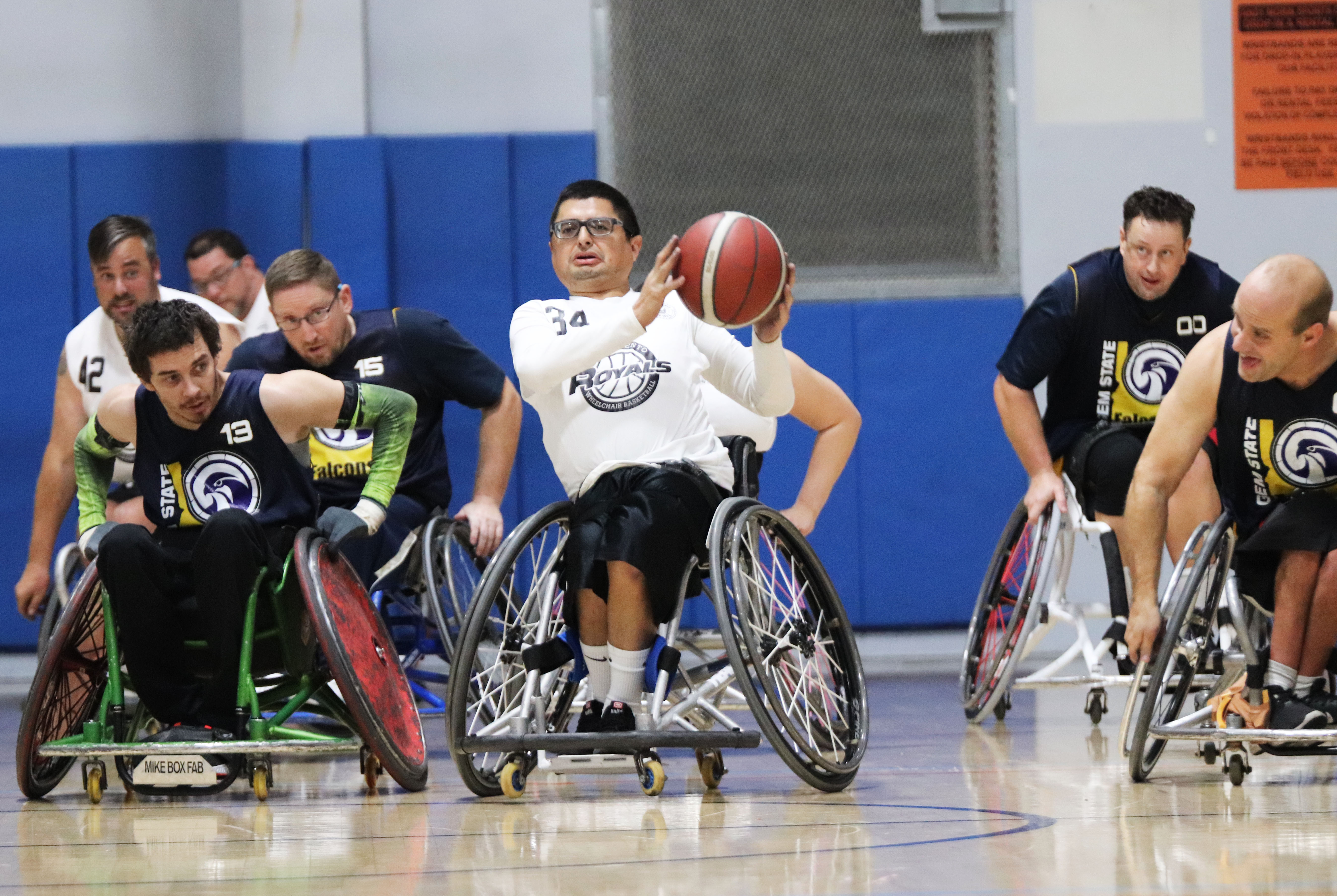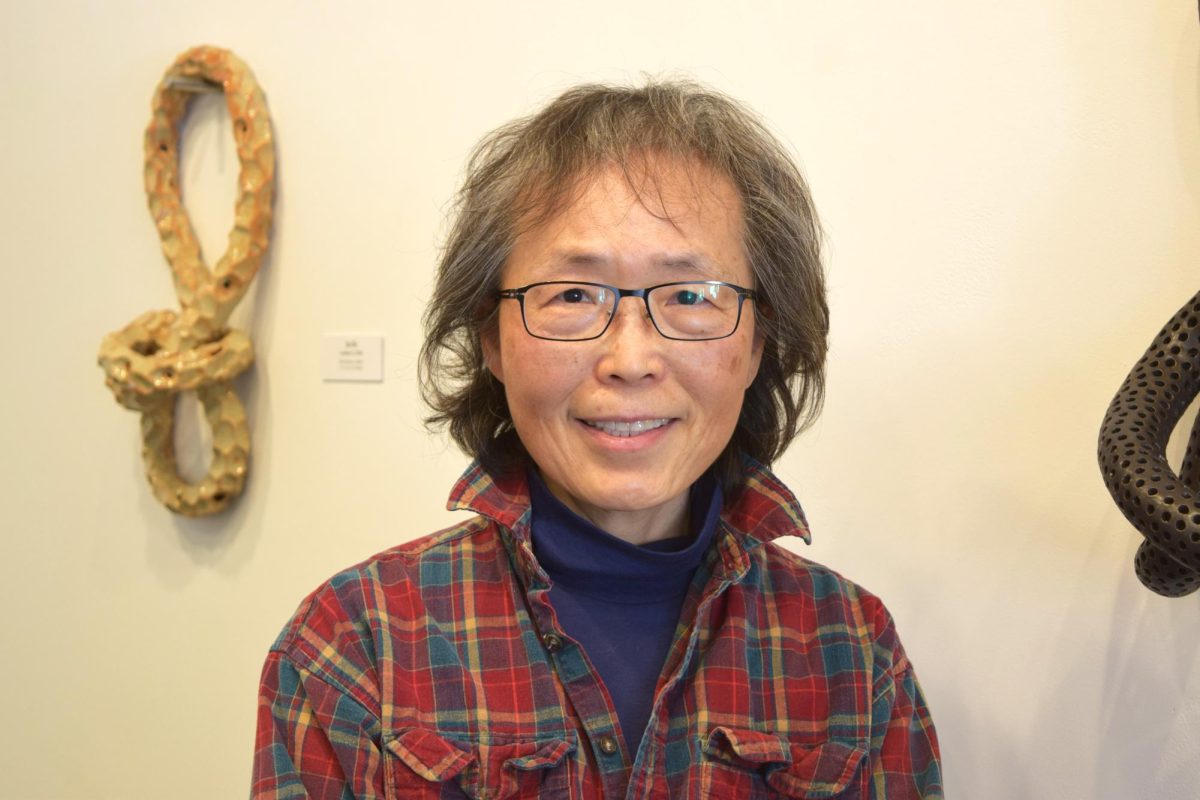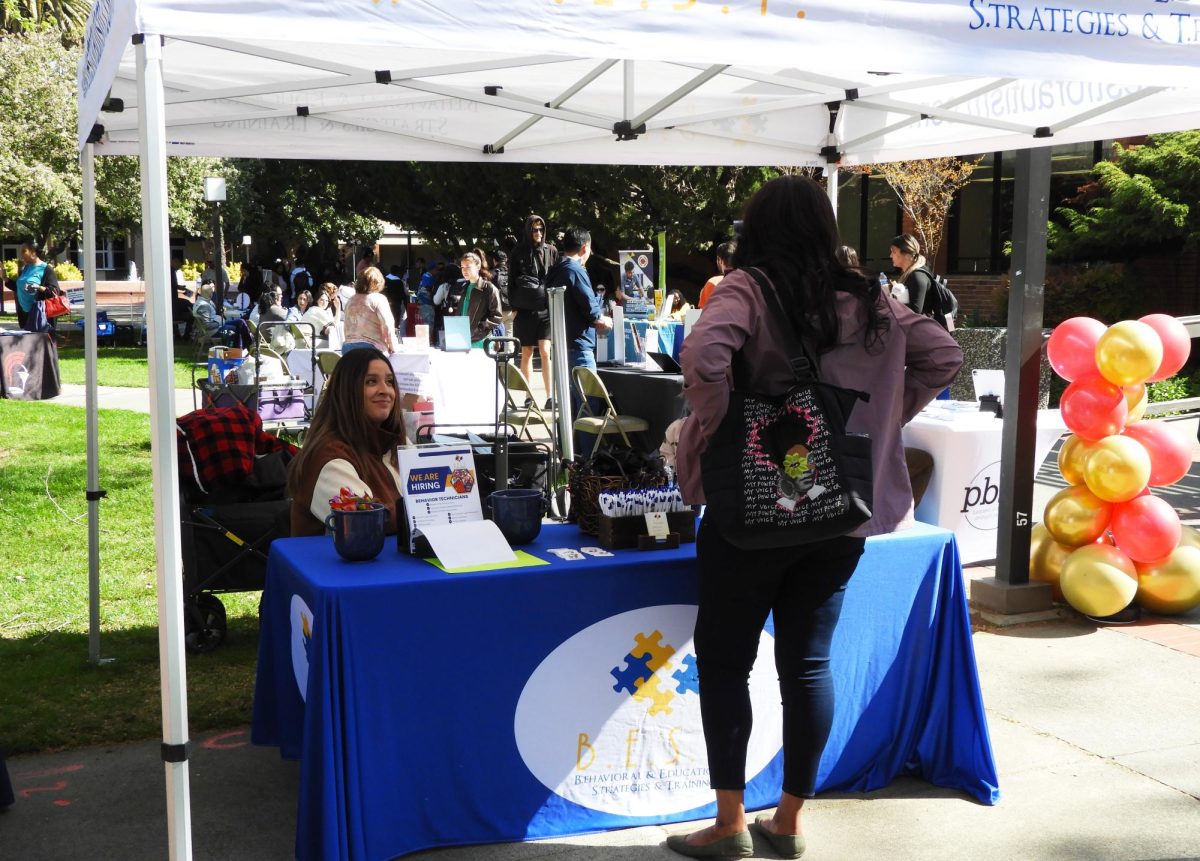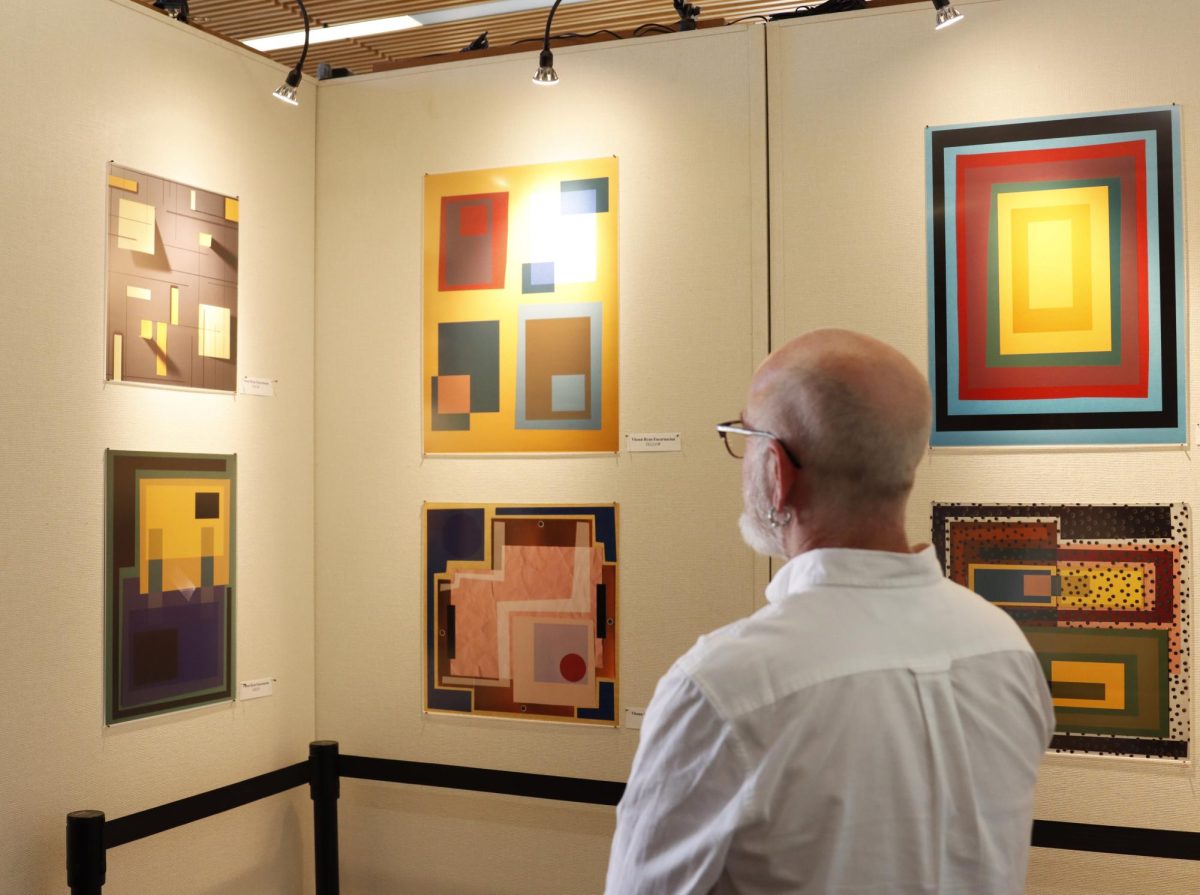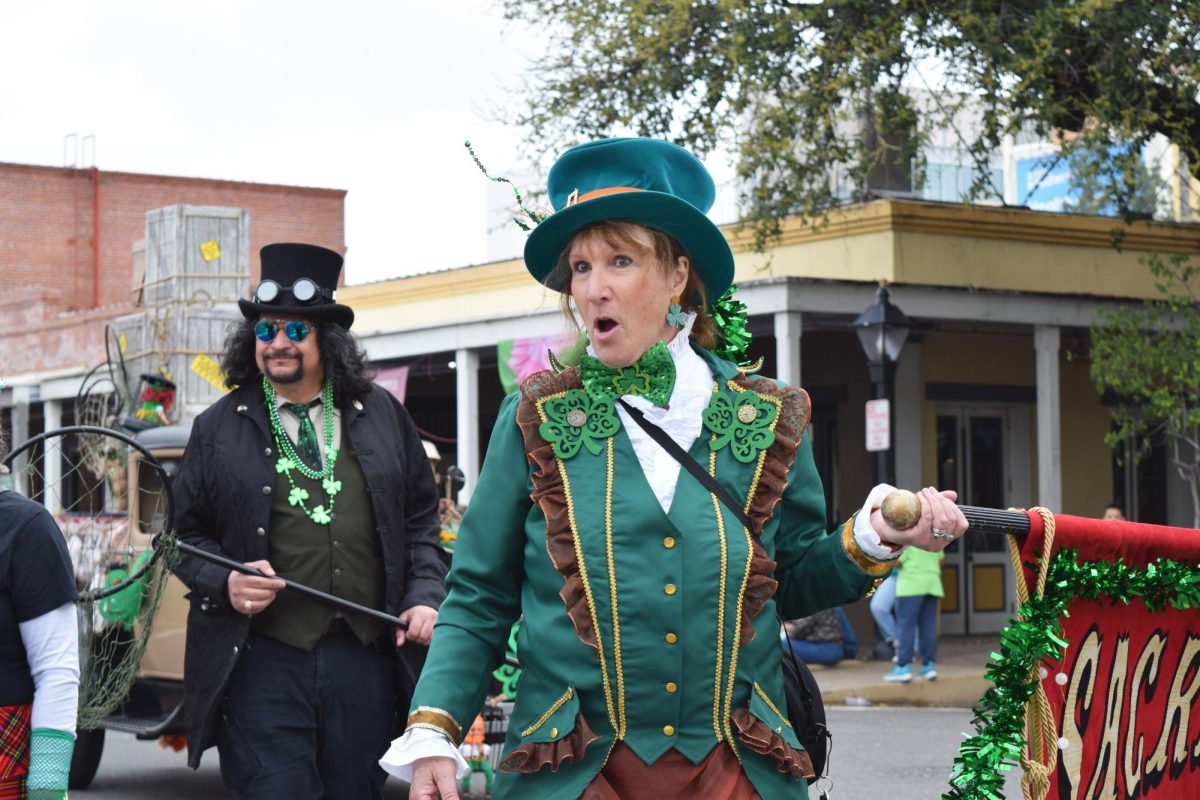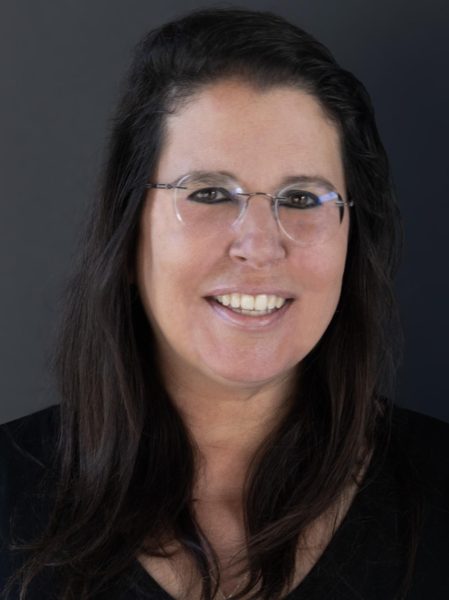Christian Rodriguez, a student at City College and CEO, founder and a coach of “Helping Empower Adaptive Lives” was on the basketball court with his team, the Sacramento Royals, in the thick of it, as they defeated the Idaho Gem State Falcons, 54-43.
This was H.E.A.L.’s second annual Royal Bash Wheelchair Basketball two-day event held at Andy Morn Sports Complex in Folsom.
H.E.A.L. stands for “Helping Empower Adaptive Lives,” and has officially been around since 2020. H.E.A.L. is the platform that funds and supports the Sacramento Royals. They also support a variety of other adaptive recreational sports, field trips, and life teaching skills.
H.E.A.L. members can borrow adaptive mobility equipment specific for the basketball court. The equipment can vary depending on the needs of the individual. According to Rodriguez, “They make sure that the tires are new, clean, maintained and inspected every week so the tires don’t scratch the floors and no one gets injured from using the specified wheelchairs.”
Rodriguez is one of three staff mechanics that fix wheelchairs even for non-members. Anyone in the community that has a mechanical issue with their wheelchair can contact Rodriguez and bring their chair to his shop at his home for repair.
H.E.A.L.’s Life Skills program is open to the community as well. Rodriguez knows that changing your lifestyle to adapt to a mobility aid can be challenging for someone that just started using one long-term.
“Knowing and learning your whole body in a wheelchair or adaptive device of any kind whether it’s an exoskeleton suit for spinal cord, hand crutches or a manual chair, power chair, or pushing your power chair through a breathing tube, there is a way we can help,” said Rodriguez.
H.E.A.L. receives private donations, grants and in-kind donations which come in the form of wheelchairs, tires, tubes, equipment, coaching, facilities and personal training that help fund their program along with the Sacramento Royals on their basketball journey. The National Wheelchair Basketball Association provides the insurance for the facility, and hosts an end-of-the-year tournament for whatever teams make it in the top sixteen of their division.
“When a person joins the Royals they start off by learning how to move their chair and what is the proper position to fall,” explained Alicia Szutowicz-Fitzpatrick, a student at City College and COO of H.E.A.L. When a player falls they are taught to properly tuck their whole body in to protect the back of their head and neck from injury. Shoulders going out of place and being overused is one of their biggest challenges since they rely on their arms and shoulders, not just for the court but also for daily use in their wheelchairs.
From birth Rodriuez had been diagnosed with a rare genetic disorder called Schwartz-Jampel Syndrome. Rodriguez walked with crutches until it got too painful and by age 13, Rodriuez relied on a wheelchair for his mobility. “Naturally I was against using a wheelchair,” Rodriguez said, because he “felt it was a stigma of society.”
Rodriguez changed his outlook when he found that his wheelchair gave him the independence to travel farther and get him to where he needed to go without being in pain. “This became my biggest tool to get me where I am today,” he said, and this is when his passion for adaptive sports was introduced.
Rodriguez describes his junior high physical education teacher as an inspiration to him and while playing one on one with him, that mentoring is where Rodriguez fell in love with basketball. However, Rodriguez trained by himself most of the time. “This is not an able body sport where you have access to a large amount of people to play with you at any given time, so you are literally falling in love with basketball all on your own,” he said.
He moved on to the University of Arizona where he continued to play adaptive basketball, training five days a week and going to tournaments over the weekends, and eventually coached for the team.
Being involved in adaptive sports over the years, and being certified as a coach through the National Federation of State High School Associations, Rodriguez took what he had learned and wanted to give back. Having H.E.A.L. “is a good way of rebuilding somebody that deserved it. Because a lot of people don’t get a second chance,” Rodriguez said, “So I make sure they do.”
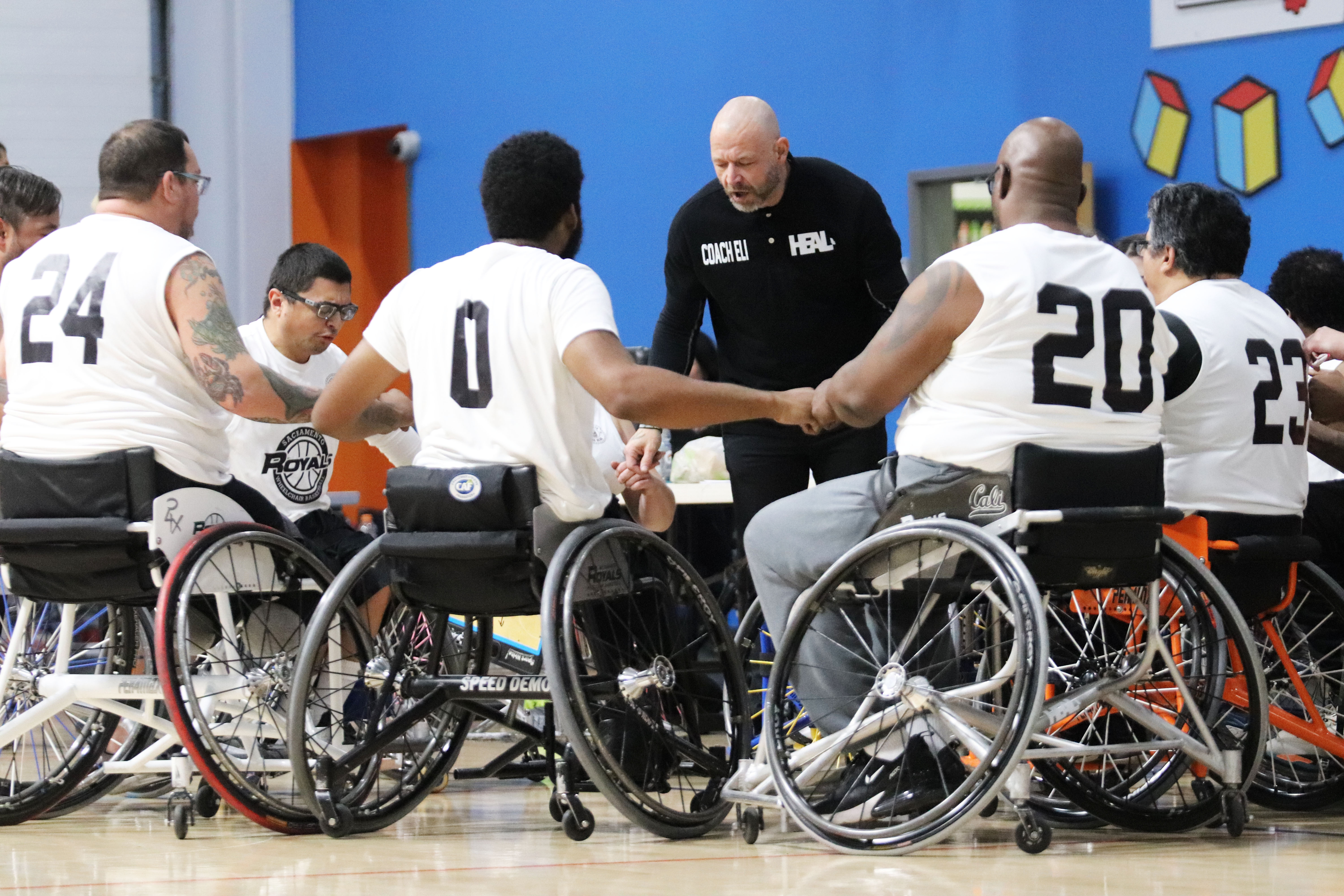
Sacramento Royals Couch Elijah Burkhart’s daughter, Bailey Burkhart, was invited to come join the juniors team and has now moved onto the adult team. Burkhart felt H.E.A.L. has transformed his daughter’s social and communicative skills for the better since joining, and her happiness level has increased. “It is immeasurable watching my daughter grow the way she has been involved in this kind of program,” said Burkhart, “I cannot even describe how happy it makes me feel.”
Stephen Christian, a first-year student at City College, also plays for the Royals. Christian played for a team previously in the Bay Area, but this team is closer to him, and he was happy with the switch. “I love this team because I want that competition to help me become a better player, to push me so I can improve my game, and I love being a part of my team’s success,” said Christian.
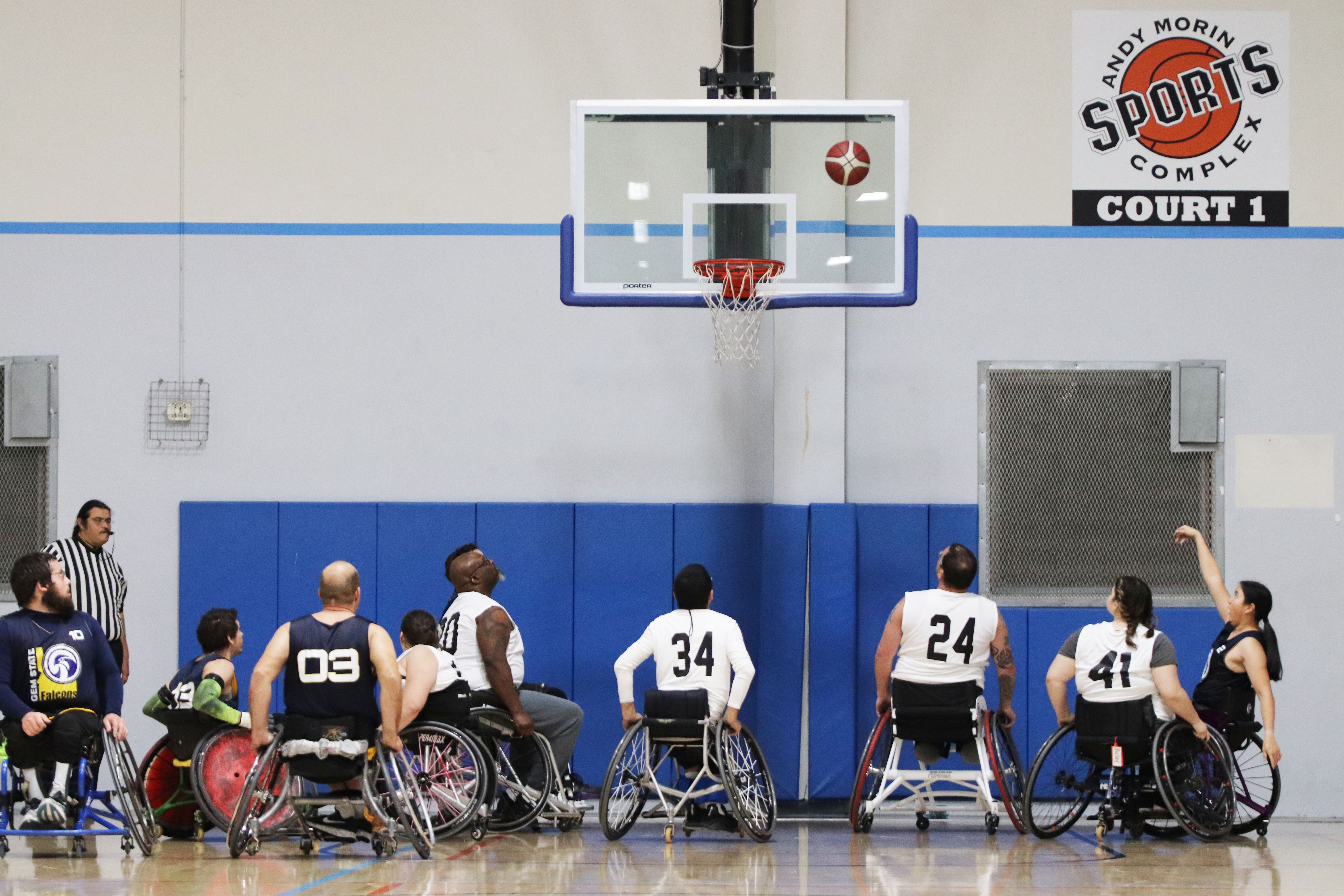
The hope is in the future to have adaptive sports integrated with general sports at City College, because Rodriguez felt the need is here and the disabled population is underserved in this way.
Currently, City College will make accommodations for those students that require assistance for certain classes but there are no adaptive sports on City College campus, confirmed Steve Hanson, dean and athletic director.
According to Szutowicz-Fitzpatrick, “ARC has adaptive sports on their campus, but the problem is City College is their own community and ARC is too far to serve the needs of the disabled community here.” Szutowicz-Fitzpatrick believed Introducing an adaptive sport on our campus would be beneficial and would solve that issue.
“When I look at my team and see how some people’s lives are more challenging than mine,” said Rodriguez, “that’s what gets me up every morning, someone else has it way worse than me, and I take advantage of what I got everyday. Because if you think negatively about your situation you will only produce negativity.”
H.E.A.L. was created with the purpose to be a tool to empower disabled people’s lives and livelihood through Adaptive sports, and to give people a sense of self, according to Szutowicz-Fitzpatrick.
“What does the disabled community do in adaptive sports and what does it look like,” Christian Rodriguez explained, “The mechanics of an adaptive wheelchair and how you redesign your whole body to be creative around it is beautiful, it’s an art.”








